Jonathan Livengood (University of Illinois): “Back to the Rubbish Bin: Experimental Philosophy and the Metaphysics of Causation”
For at least the last fifty years, philosophical research on causation has relied heavily on judgments about cases. We are asked to consider cases such as when Billy and Suzy throw rocks—one right after another—at a window and the window breaks, or when an assassin poisons a traveler’s canteen, another assassin pokes a hole in the canteen a little while later so that the poisoned water drains out, and the traveler dies in the desert, or when a sergeant and a major both order the troops in their company to fire on the enemy, and they do so, or dozens of other cases. In these cases, one event is flagged as the outcome of interest, and we are asked: What caused it? Our ordinary judgments about the causes of various events are then used somewhat like data in the development of philosophical theories of causation. In the 70s and 80s, the project here was explicitly one of conceptual or linguistic analysis. Since then, the tide has turned, and material metaphysics is fashionable. Metaphysicians want to know about the nature of causation, not about “causation” (the term) or causation (the concept). How much of the old project is salvageable? Insofar as we are aiming to give a material account of causation, we might worry that the method of cases is not fit for the work.
Some metaphysicians have defended the method and argued that its results can be rescued from the rubbish bin. They think that we can, as Ned Hall (2004) puts it, “Find some useful theoretical role that a concept of causation could play … that would vindicate the tacit assumption of philosophers working in this area that they are doing more than just the semantics of the English word ‘cause’.” I argue that they are wrong. A large and growing body of empirical work by psychologists and experimental philosophers shows that ordinary causal judgments are heavily influenced by evaluative considerations. My own empirical work in this area suggests that ordinary causal judgments are indistinguishable from judgments of broadly moral responsibility—at least in most cases involving agents. But metaphysicians do not take causation to be evaluative in character. They take themselves to be offering theories with purely descriptive content, cutting nature at its joints. Hence, they should not rely on ordinary causal judgments in theorizing about the material metaphysics of causation. Insofar as we are aiming to produce a material metaphysics of causation, the method of cases and the results of applying that method really do belong in the rubbish bin.
Of course, we need not aim at producing a material metaphysics of causation, and so I conclude my talk with a discussion of some alternatives, paying attention to what role, if any, the method of cases might play if we decide to pursue some other project.




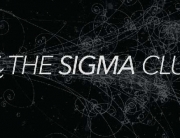
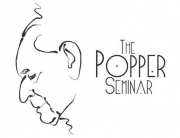


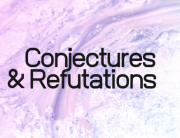







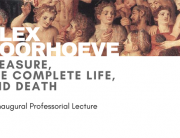
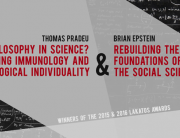
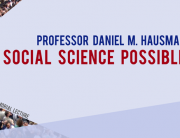
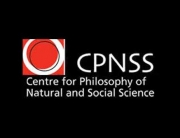



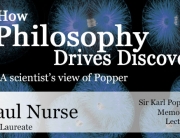
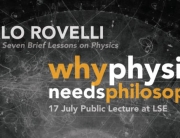

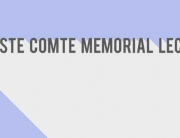
Connect with us
Facebook
Twitter
Youtube
Flickr